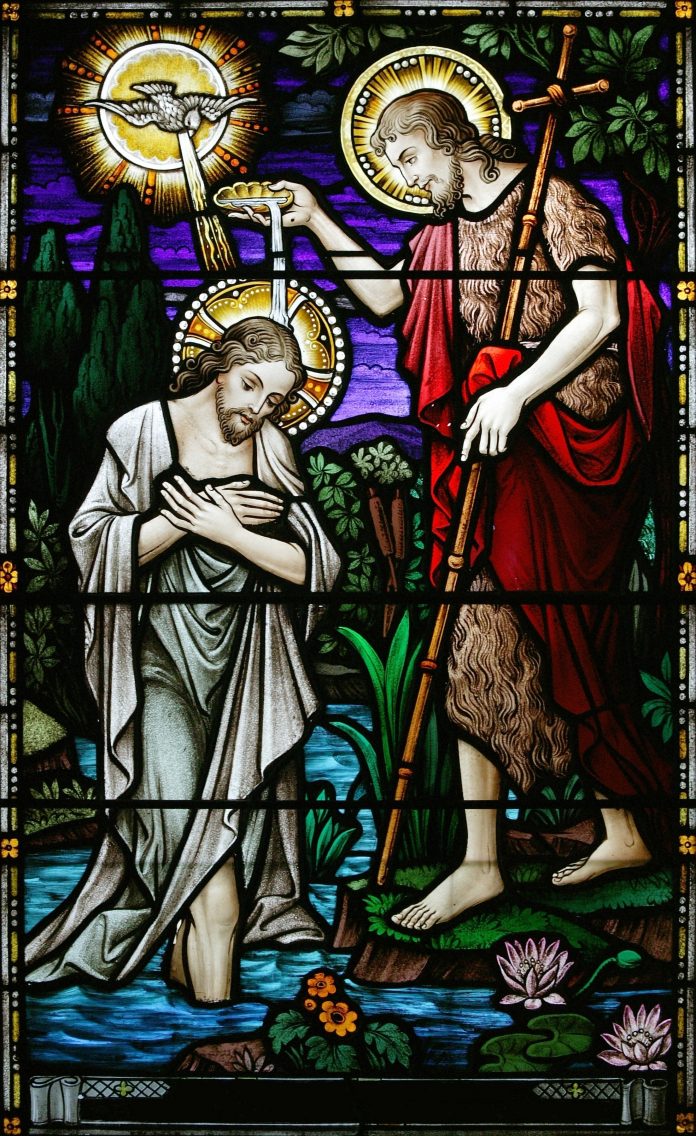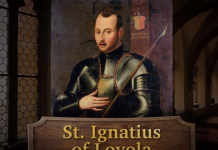
by Sister Alice Pfeifer, CSA
This Complete-A-Project Bible Search Activity is for teacher and students (grades 4-6) working together. The exercise can be completed using the Bible to find the answers. Bible Searches for this learning year focus on selected Gospels from the current liturgical year and feature episodes in the lives of Sister Vicki and two students in her religion class, Hugo and Hannah.
Background
* This Bible Search is based on the Gospel proclaimed on the Third Sunday of Lent (Luke 13:1-9).
* The first verses refer to two tragedies familiar to Jesus and his audience. In one case, Pilate had ordered some Jews murdered while they were worshiping at the Temple. (History records a similar order given in regard to some Samaritans worshiping on Mount Gerazim. Apparently, Pilate did not shrink from having people executed in places of worship.) In the other case, some people were killed when a tower fell on them; perhaps there had been an earthquake or a building accident.
* Jesus teaches two things in citing these tragedies. First, sometimes bad things happen to good people, and a tragic outcome should not be taken as a sign that those afflicted are bad people getting what they deserve. Second, the only real tragedy is losing your chance at eternal life. Jesus has noticed that some people in his audience are so busy passing judgment on the deceased that they are not looking hard enough at their own lives. Everyone is a sinner, and those who think they are not are fooling themselves. Such foolishness can lead to eternal death.
* Repentance is the biblical term for a change of heart that shows in a change in one’s words and actions. Repentance involves both inner and outer change. For example, if the sinners in Jesus’ audience truly repent, the first thing they will do is stop passing judgment on the deceased. With changed hearts, these people will change the ways in which they think and speak of their neighbors.
* The parable serves as an illustration of God’s justice and mercy. The orchard owner who wants the unproducting fig tree cut down stands for divine justice. The gardener who wants to fertilize the tree and give it one more year to bear fruit stands for divine mercy. The parable shows that God gives people many chances to renounce sin and do good. After death, however, comes judgment. God will judge with mercy and justice.
* It is crucial always to remember that God is both just and merciful. If all we think about is God’s justice, we can become hopeless and depressed. If all we think about is God’s mercy, we can become careless and conceited. Jesus often warns people that their sinfulness makes them unworthy of God’s kingdom. People can forget that being a descendent of Abraham and a student of Moses are nothing if not accompanied by sorrow for sin and love of neighbor.
* Lent is a season specially dedicated to repentance. That is why we read this Gospel at this time of year.
MATERIALS
* Activity sheet below
* Bibles (The Search is based on the New American Bible.)
* Pencils or pens
PROCEDURE
1. Read or have volunteers read the set up to the fill-in-the-blank activity.
2. Read Luke 13:1-9 to the group.
3. Share the information in Background.
4. Work together to fill in the blanks for Luke 13:1-9.
5. Read or have volunteers read the conclusion to the story.
6. Point out that in verses 6-9—the parable of the fig tree—there is a secret message. It answers this question: Besides repentance for our sins, what does Jesus want of us? Students can find the answer by circling the final letter of each fill-in word, beginning with the fill-in word “told.” (The answer is, “Do deeds he did.”)
7. Have students brainstorm for ideas about the good things Jesus did that they can do, too. Begin with this one: Jesus forgave the enemies of his people. Scholars have noted that in today’s Gospel, Jesus speaks calmly of Pilate’s murders and does not encourage anyone to seek revenge for them. A mighty powerful example!
8. If you wish, record the students’ ideas about Jesus’ good deeds on slips of paper. Then have each student draw a slip from a hat and try to put that action into practice during the coming week.
Answers to Fill-ins: people, blood, sacrifices, think, suffered, than, repent, killed, fell, more, perish, told, who, planted, came, none, said, years, search, have, said, I, ground
ACTIVITY SHEET
The Parable of the Fig Tree
Sister Vicki began religion class with a true-false game. “Okay, everybody,” she said. “I’m going to make a few statements about God. If you think the statement is true, raise your hand. If you think it is false, don’t raise your hand. I’ll talk pretty quickly so pay attention. Everybody ready?”
Around the room heads nodded. Then Sister began. “God is ugly.” No one raised a hand. “God is beautiful.” All raised their hands. For the next several statements, in fact, either no one raised a hand or everyone did.
After going through the words unforgiving, truthful, just, and merciful, Sister suddenly stopped the game and said, “Wait a minute. Let’s think about those last two words: just and merciful. ‘Being just’ means treating people as they deserve—the good are rewarded and the bad are punished. ‘Being merciful’ means treating people better than they deserve. So how can God be both just and merciful?”
“That’s a tough question,” Hugo thought. “Beats me,” Hannah thought. No one offered an answer.
Then Sister Vicki said, “Jesus told a parable about this very thing—about how God is both just and merciful. He told the parable because people had the mistaken idea that good things happen to good people and bad things happen to bad people. If that were true, then Mother Teresa would never have gotten a headache in her whole life. And Jesus would never have been crucified!”
Sister Vicki then read and discussed with her students the Gospel of Luke 13:1-9. She followed up with a handout for review.
At that time some _________ who were present there told him about the Galileans whose ________ Pilate had mingled with the blood of their _____________. He said to them in reply, “Do you ________ that because these Galileans ___________ in this way they were greater sinners _______ all other Galileans? By no means! But I tell you, if you do not _________, you will all perish as they did! Or those eighteen people who were _________ when the tower at Siloam _______ on them—do you think they were _______ guilty than everyone else who lived in Jerusalem? By no means! But I tell you, if you do not repent, you will all _________ as they did!”
And he _______ them this parable: “There once was a person ______ had a fig tree __________ in his orchard, and when he ____ in search of fruit on it but found _______, he _______ to the gardener, ‘For three ________ now I have come in _________ of fruit on this fig tree but _______ found none. [So] cut it down. Why should it exhaust the soil?’ He _______ to him in reply, ‘Sir, leave it for this year also, and ____ shall cultivate the _________ around it and fertilize it; it may bear fruit in the future. If not you can cut it down’” (Luke 13:1-9).
Before class was over, Hugo timidly raised his hand and Sister called on him.
“But what that means,” Hugo said, “is that some people get more time to repent because they get to live longer.”
“Well, yes. I suppose you could say that,” Sister agreed. Then Hannah spoke up. “But, Sister! That’s scary.”
“You know, Hannah,” Sister explained, “the Bible does teach that fear of the Lord is a good thing. It means respecting God’s justice and power and not taking God’s love and mercy for granted. Some of the Pharisees in Jesus’ time assumed they were good people just because they belonged to a good family and they studied the teachings of Moses. They got angry when Jesus said that even they had to repent of their sins. They thought they didn’t have any! Now those people could have used a little fear of God!
“Just remember this. When you pray, tell God your sins, ask for God’s forgiveness, and promise to try harder next time. Receive the Sacrament of Penance whenever you can. Then you will be doing everything God asks of you and there will be nothing for you to fear.”
Permission is granted to copy this Bible Search for use with your students and their families.
Copyright 2010, Bayard, Inc. All rights reserved. This article is protected by United States copyright and other intellectual property laws and may not be reproduced, rewritten, distributed, redisseminated, transmitted, displayed, published or broadcast, directly or indirectly, in any medium without the prior written permission of Bayard, Inc.
This article was written by the Catechist Staff and appeared in Catechist magazine, February 2010.
Image Credit: Shutter Stock 6709591




